Unicorn, Zebras and the Startup Ecosystem
Yes, that’s right! Unicorns and Zebras are part of the startup ecosystem.
 A unicorn is a term in the startup world to indicate a private company with a valuation over $1 billion. The term was coined in 2013 by venture capitalist Aileen Lee, choosing the mythical animal to represent the statistical rarity of such successful ventures. As of July 2020, there are more than 400 unicorns around the world.
A unicorn is a term in the startup world to indicate a private company with a valuation over $1 billion. The term was coined in 2013 by venture capitalist Aileen Lee, choosing the mythical animal to represent the statistical rarity of such successful ventures. As of July 2020, there are more than 400 unicorns around the world.
Interesting facts
- There were just 39 unicorn startups when the term was coined in 2013 by Aileen Lee. Since then, billionaire companies have increased by +1000%,
- The majority of unicorns are in the U.S. or China, and most will plan to exit (go public or get acquired) within the next five to eight years.
- In 2017, a study published by Sage showed that 94% of unicorn startups were founded by men. Two years later, things are looking a bit different. In 2018, the number doubled from 6 to 12 female-founded unicorns
- The leaders in the billionaire universe are Fintech, Internet software and Services, E-commerce, Artificial Intelligence and Health
- The letter C is the number one first letter in the list of unicorn startups with Canva, Compass, CloudKitchens, Confluent, Credit Karma, Coinbase and many others
 Zebras are both black and white: they are profitable and improve society. They won’t sacrifice one for the other. Zebras are also mutualistic: by banding together in groups, they protect and preserve one another. Their individual input results in stronger collective output.
Zebras are both black and white: they are profitable and improve society. They won’t sacrifice one for the other. Zebras are also mutualistic: by banding together in groups, they protect and preserve one another. Their individual input results in stronger collective output.
In short: “Zebras Fix What Unicorns Break.”
Zebras have become a shorthand for aspiring entrepreneurs, investors, media, and adjacent communities as the expression and signal of a forward-thinking, long-game economy and business culture where ambitious companies build the goods and services we need for the society we want.
Together they are creating an emergent, grassroots movement to create a pluralistic approach to business processes and development.
Interesting facts
- Zebra companies are often started by women and other underrepresented founders
- 3% of venture funding goes to women and less than 1% to people of color.
- Although women start 30% of businesses, they receive only 5% of small-business loans and 3% of venture capital.
- When surveyed, women perform better overall than founding teams composed exclusively of men
Now, what type of entrepreneur are you?
The startup culture is based on “magical thinking.” Because of the emphasis on rapid growth and disruption, it has created a culture with values that may actually be antithetical to real business success.
In the startup world, disruption and innovation are highly sought after. Enormous amounts of energy and venture capital are spent to try to gamble and find the next “unicorn”.
According to the Small Business Administration, one in three small businesses fail within the first two years. But according to Fortune, only 1 in 10 startups will make it through their first two years.
Your business is your choice
What kind of company will you run? Whether you’re just planning your first startup or at the helm of an established company with years of history, understand that your leadership will shape your organization.
Will you prioritize your profits and shareholders? Or will you prioritize people, purpose and impact?
A company’s business model is the first domino in a long chain of consequences. In short: “The business model is the message.” From that business model flows company culture and beliefs, strategies for success, end-user experiences, and, ultimately, the very shape of society.

Zebras vs Unicorns explained
JOIN US – MAKE ZEBRAS !!!
If you believe technology and capital must do better, if you are building a zebra company or want to help carve out a space for them to thrive: join us
Our goal is to gather zebra founders, philanthropists, investors, thinkers, and advocates to meet, unite forces, help each other, succeed together and achieve greater impact!
To know more:
- SIgn up for our How to Start A Social Enterprise Course (https://academy-of-entrepreneurs.teachable.com/p/how-to-start-a-social-enterprise)
- Send us your email to info@aestudy.com and we will send you an email with our next Social Impact Workshop Invites (online and at our Sydney/Australia Campus)
Big hugs and get striped!
Written by Paula Mills



